The year 2024 has ended with many events related to global geopolitics, notably armed conflicts in Europe and the Middle East, followed by economic wars when former US President Donald Trump returns to the White House, signaling many unpredictable changes in 2025. Ha Nam Newspaper voted for 10 typical international events in 2024.
1. Vladimir Putin is the longest-serving leader in Russia.

From March 15 to 17, 2024, Russia held a presidential election. Instead of giving a speech, Mr. Putin read the Federal Message outlining Russia's tasks and goals until 2030 and the following decades. As a result, the Russian people elected Mr. Putin to continue as President, making him the longest-serving leader in Russia (since 2000). According to a nationwide public opinion poll, Mr. Putin's approval rating remained above 80% in November 2024.
2. The biggest election on the planet
India - the world's most populous country - held the world's longest parliamentary election in 7 phases from April 19 to June 1, 2024 to choose 543 lawmakers. The National Democratic Alliance (NDA) led by Prime Minister Narendra Modi's Bharatiya Janata Party (BJP) won. Mr. Modi continued to serve as Prime Minister of India for the 3rd consecutive term, "steering the ship" to make India the 3rd largest economy in the world by the end of this decade.

Voters queue to cast their ballots during the seventh phase of the general election at a polling station in Varanasi, India, June 1, 2024.
3. Mr. Donald Trump returns to the White House

The most prominent international event - attracting the most attention from the international community in 2024 is the US Presidential election taking place on November 25, 2024. The fierce competition between Democratic candidate Kamala Harris, the incumbent Vice President representing the Democratic Party, and Republican candidate Donald Trump, former US President. As a result, Donald Trump won a resounding victory and became the 47th President of the United States. President-elect Donald Trump continues his program of making America great again with foreign policies that the world cannot fully understand about Trump and the United States in the next 4 years.
4. The Peace Conference on Ukraine failed.
On June 15-16, 2024, Switzerland hosted the Ukraine Peace Conference, bringing together most of the countries in the Northern Hemisphere. Notably, this Conference did not invite Russia and some countries in the Southern Hemisphere, the main parties involved in the Russia-Ukraine conflict. China - a world power did not attend, India - Brazil only sent embassy staff in Russia to attend, many countries did not sign the Conference's joint statement. The purpose of the Conference was to create an international wave of condemnation of Russia, which failed.
5. BRICS expansion disappoints the West

On October 22-24, the 16th BRICS Summit, including Russia, China, India, Brazil, South Africa; with new members including Egypt, Ethiopia, Iran, the United Arab Emirates (UAE), and Saudi Arabia, was held in Kazan, southern Russia, bringing together 36 leaders representing emerging and developing economies from Asia, Africa, the Americas, and some European countries, along with more than 20,000 delegates. Dozens of countries have applied to join BRICS. It is forecasted that by 2030, this bloc will account for 50% of the global economy. BRICS supports the principles of multilateralism, fairness, equality, and respect for each other's sovereignty.
6. The European Union (EU) is in trouble as German and French politics are in turmoil.

In early June 2024, French President Emmanuel Macron dissolved the National Assembly to hold early elections. As a result, the three blocs of the Left, the Centre, and the Far Right all won a majority of votes to form a Government, pushing France into a political crisis. In October, the three-party coalition government in Germany collapsed, forcing the German Parliament to vote no confidence in the Government and Prime Minister Olaf Scholz to submit to the President a plan for early parliamentary elections in early 2025. Political instability in Germany and France, the two leading economies of the EU, has caused this alliance many unpredictable difficulties in the coming years.
7. Ceasefire agreement between Israel and Hezbollah in Lebanon
The hot spot of conflict in the Middle East between Israel and the Hamas movement in the Gaza Strip (Palestine) has killed tens of thousands of Palestinians, pushing the entire Gaza Strip into a humanitarian disaster. Israel took the lead by simultaneously detonating pagers and phones of members of the Iranian-sponsored Hezbollah group in Lebanon, triggering the Israel-Hezbollah conflict. Israel bombed the capital of Lebanon, killing many high-ranking Hezbollah members. Under the mediation of many parties, Israel and Hezbollah signed a ceasefire agreement, somewhat reducing the heat in the region.
8. Russia used non-nuclear ballistic missiles for the first time in Ukraine
After President Joe Biden and Western countries agreed, Ukraine used the US ATACMS long-range missile and the British Strom Shadow cruise missile to attack deep into Russian territory on November 19 and 20. A few days later, Russia launched the new Oreshnik hypersonic missile (Russia said it was a test) into the Dmepro Petrovsk defense complex in Ukraine. This is a non-nuclear hypersonic ballistic missile flying at an altitude of 12km at a speed of 12,000 km/h (Mach10) with 6 large warheads (36 sub-warheads), first used by Russia in the Russia-Ukraine conflict. Russia's response surprised the Western community and indirectly triggered a missile manufacturing race in Europe.
9. The al-Assad regime in Syria collapsed.

The 12-day march of the Islamist militia Hayat Tahrir al-Sham (HTS) into the capital Damascus ended the 50-year rule of the al-Assad family in Syria. The collapse of the Assad regime in Syria came as a huge surprise to the international community, including the United States. Many questions were raised but could not be answered immediately, including why Russia and Iran did not come to the rescue of the Assad regime once again? What will the future of Syria be like under the control of HTS will only be answered by time.
10. Martial Law Declared – South Korean President Impeached

On the night of December 3, 2024, South Korean President Yoon Suk Yeol declared martial law to protect free South Korea from threats from communist North Korea and eliminate anti-state elements. Many government officials resigned after the martial law, forcing the President to lift it. The South Korean National Assembly had to go through a second vote to gather more than 200/300 votes in the National Assembly to impeach the President. The South Korean Prime Minister was appointed to replace Mr. Yoon Suk Yeol to run the country. Korean public opinion believes that, in order to cover up family scandals, Mr. Yoon Suk Yeol declared martial law to suppress the National Assembly, which was dominated by the opposition. But it was this decision that ended President Yoon Suk Yeol's political career.
PV
Source: https://baohanam.com.vn/quoc-te/10-su-kien-quoc-te-noi-bat-nam-2024-142746.html




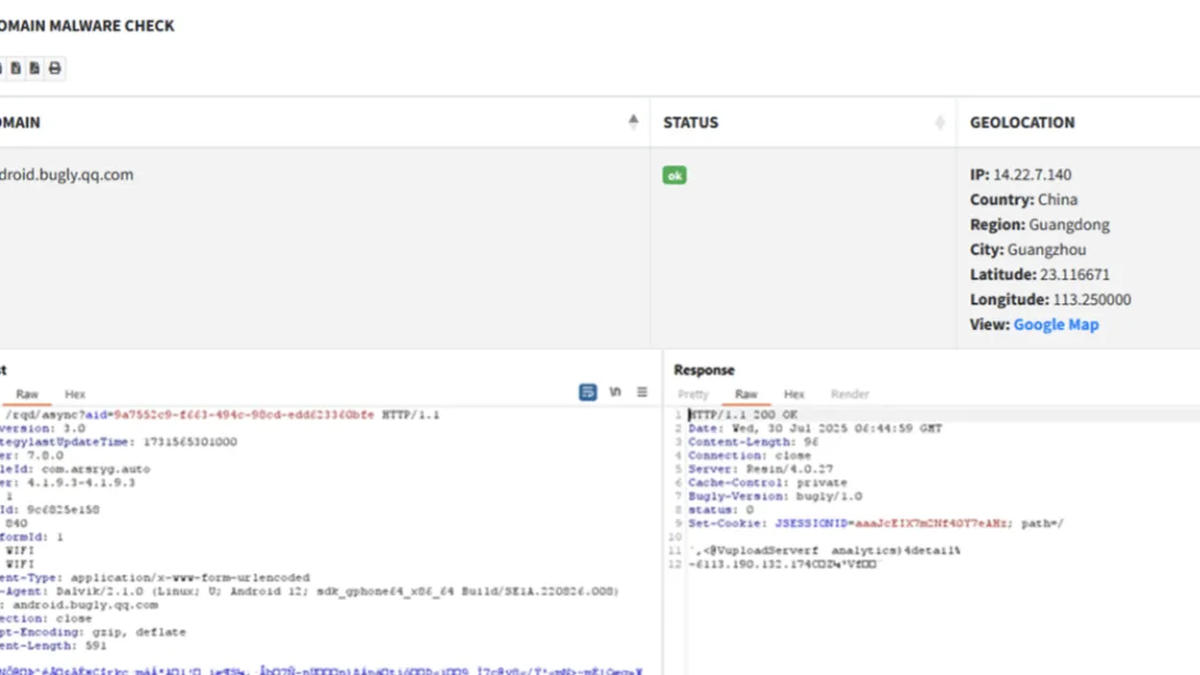





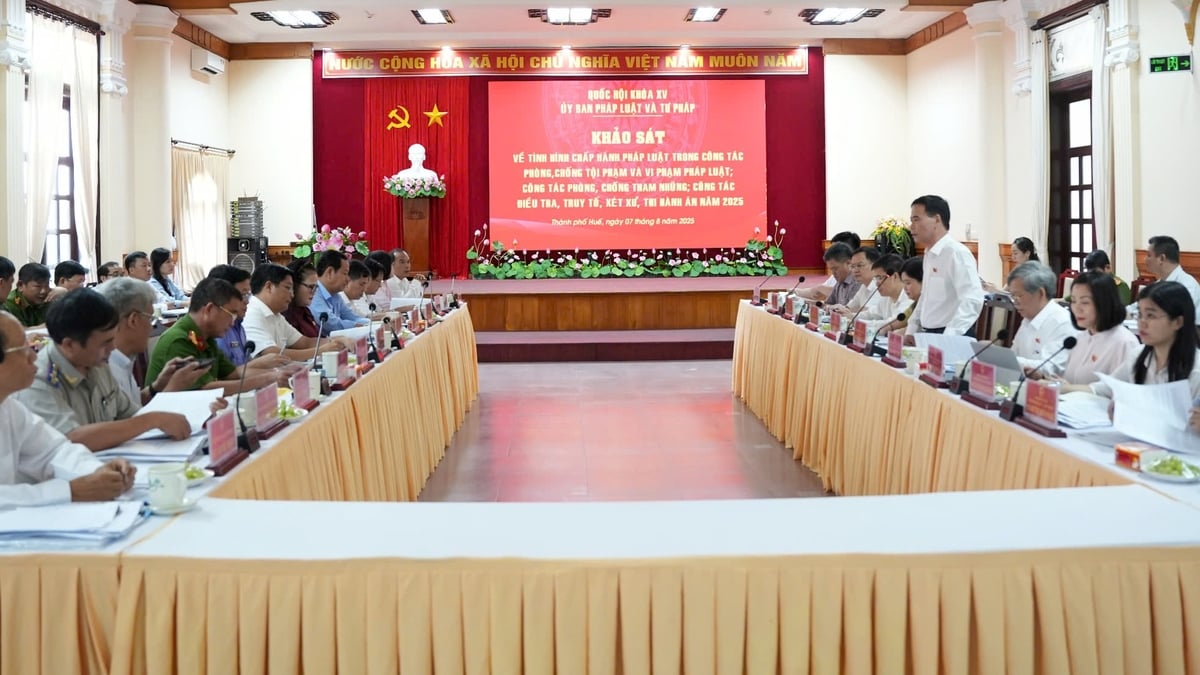

















![[Photo] Discover the "wonder" under the sea of Gia Lai](https://vphoto.vietnam.vn/thumb/1200x675/vietnam/resource/IMAGE/2025/8/6/befd4a58bb1245419e86ebe353525f97)

![[Photo] Nghe An: Provincial Road 543D seriously eroded due to floods](https://vphoto.vietnam.vn/thumb/1200x675/vietnam/resource/IMAGE/2025/8/5/5759d3837c26428799f6d929fa274493)






























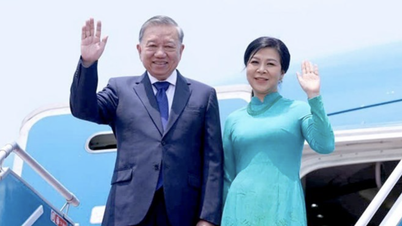
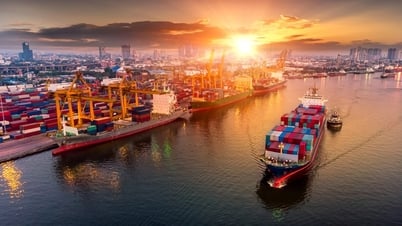










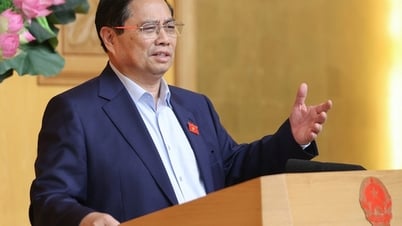
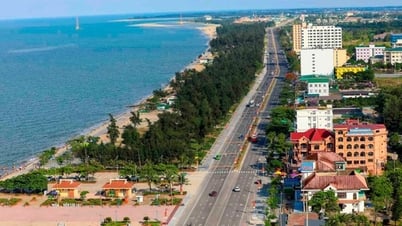

















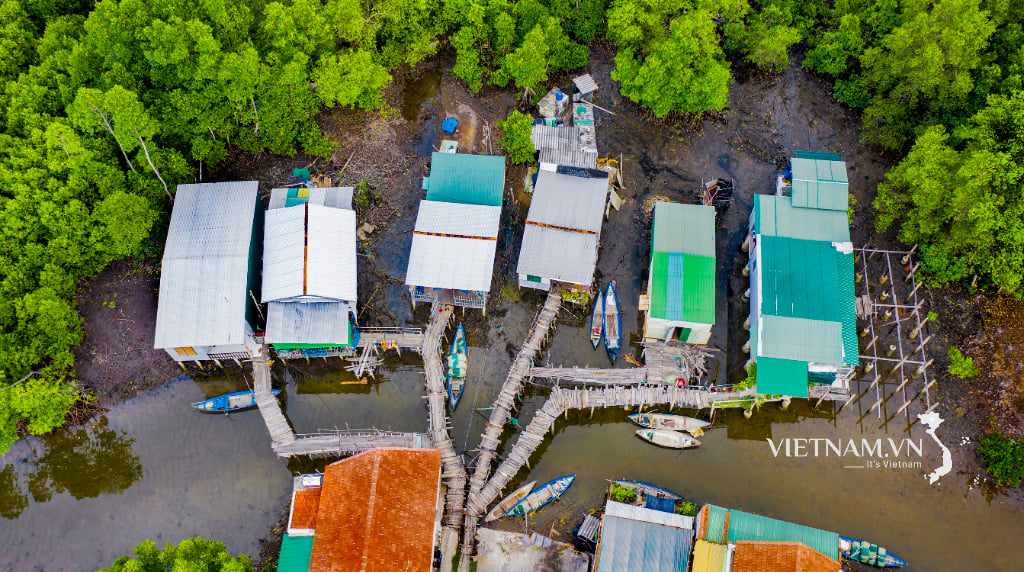

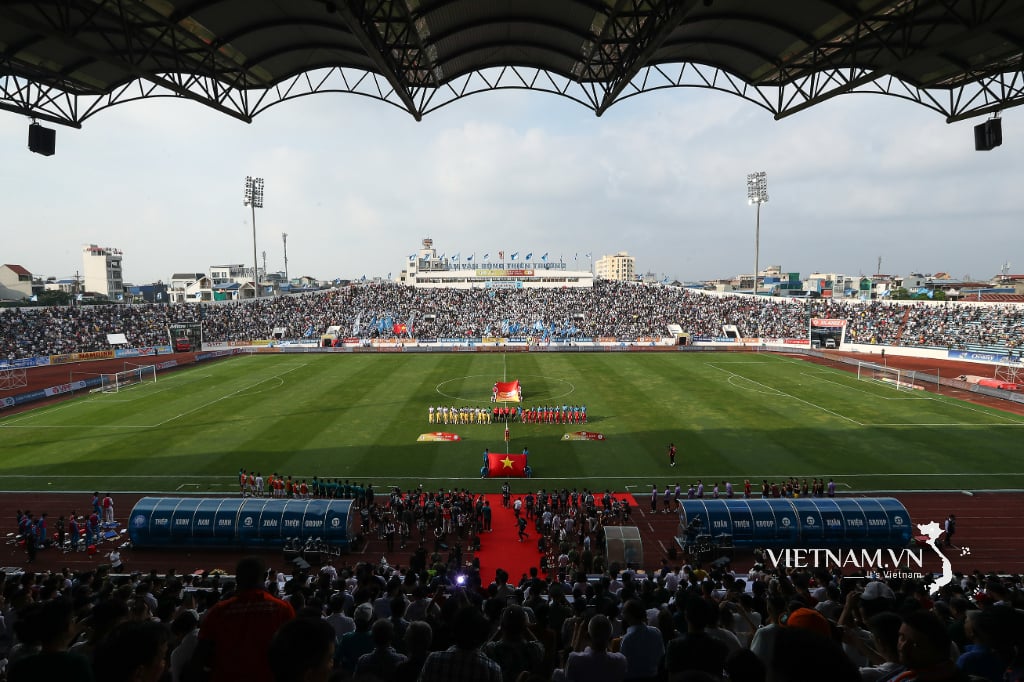

Comment (0)